Search Engine Optimization (SEO) has been a cornerstone of digital marketing for over two decades, helping businesses increased visibility and drive traffic through search engines like Google and Bing. But what will happen to SEO in a post-Google world with AI-driven platforms like ChatGPT and other large language models (LLMs) significantly diminish or even eliminate the need for traditional search engines?
This scenario, once relegated to science fiction, is becoming increasingly plausible as AI capabilities expand and user behaviors evolve. In this 3000-word blog, we’ll explore the potential future of SEO in a world where search engines take a backseat to AI conversational agents, examining how businesses can adapt to this paradigm shift.
The Current State of SEO and Search Engines
The Role of Search Engines Today
Search engines currently dominate the digital landscape, with Google alone processing over 3.5 billion searches per day. SEO practices are built around these engines’ algorithms, focusing on keywords, backlinks, and user experience to rank websites higher in search results. This system has created an entire industry devoted to optimizing content, site structure, and technical aspects to meet the ever-changing demands of search engine algorithms.
The Limitations of Search Engines
Despite their dominance, search engines have limitations:
- User Experience: It can take time to sort through several links in traditional search results in order to obtain the information you need.
- Information Overload: The vast amount of content available can overwhelm users, making it difficult to discern credible sources from low-quality information.
- SEO Manipulation: The focus on keyword optimization and backlinks has led to practices like keyword stuffing and black-hat SEO techniques that can undermine the quality of content.
The Rise of AI-Driven Content Platforms
AI Models as Information Gatekeepers
AI models like ChatGPT are transforming how people access information. Rather than typing queries into a search engine and choosing from a list of links, users can now ask AI directly for concise, conversational answers. These models can aggregate and synthesize information from multiple sources, providing a more streamlined and user-friendly experience.
Advantages of AI Over Traditional Search Engines
AI-driven platforms offer several advantages:
- Instant Answers: AI can provide direct answers to questions without the need to visit multiple websites.
- Personalization: AI can tailor responses based on user preferences, previous interactions, and even tone, creating a more personalized experience.
- Efficiency: For complex queries, AI can summarize information from various sources, saving users time and effort.
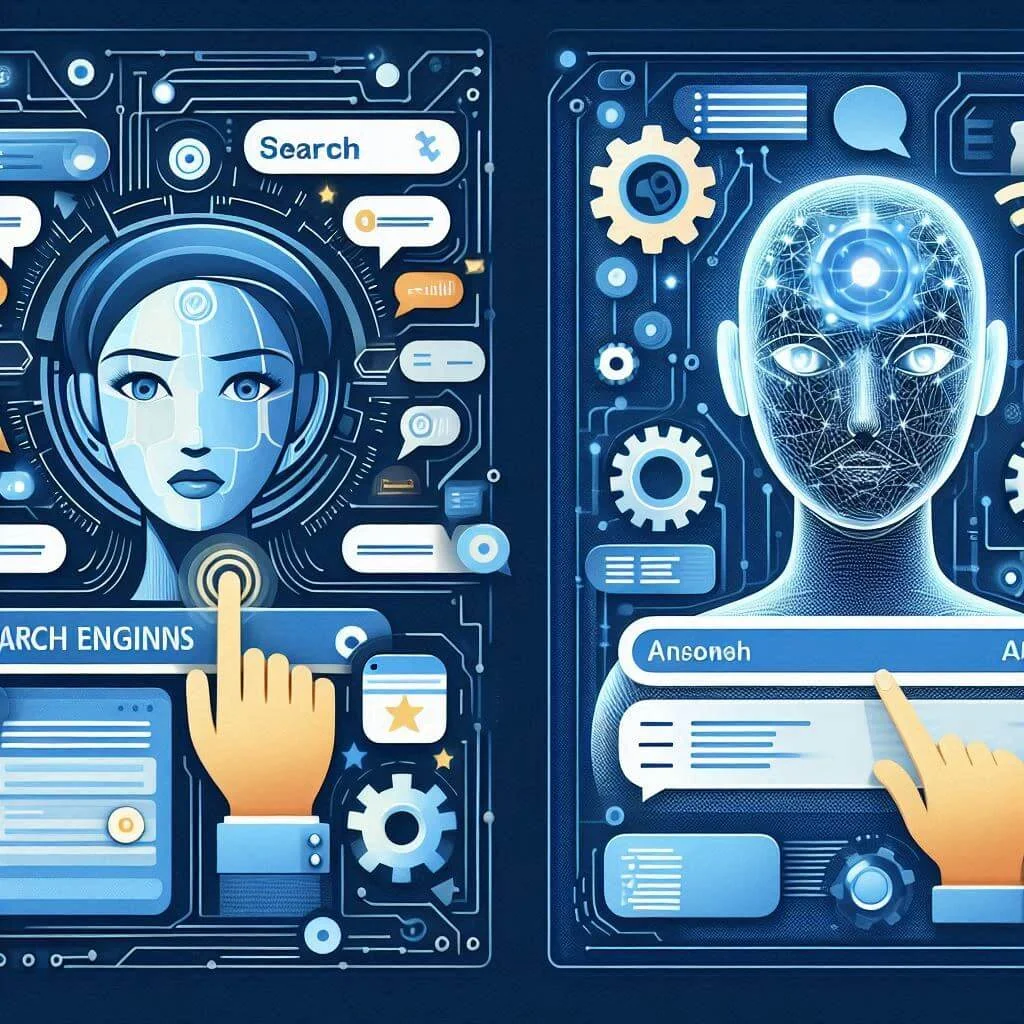
Potential Scenarios for SEO in a Post-Search Engine World
Coexistence of AI and Search Engines
In this scenario, AI platforms supplement traditional search engines rather than replace them. SEO strategies would need to adapt to ensure content is optimized not only for search engines but also for AI platforms. This could involve:
- Optimizing for Featured Snippets: Ensuring content is structured to be easily extracted and summarized by AI models.
- Enhanced Metadata: Using structured data and rich snippets to provide AI with clear context about the content.
- Voice Search Optimization: With AI-powered voice assistants becoming more common, focusing on natural language processing (NLP) and conversational SEO would be crucial.
AI Dominance in Information Retrieval
If AI platforms like ChatGPT become the primary means of information retrieval, traditional SEO could undergo a radical transformation or even obsolescence. In this world, businesses might focus on:
- Content Integration: Creating partnerships or integrations with AI platforms to ensure their content is included in AI-generated responses.
- Brand Authority: Establishing strong brand authority and trust signals, as AI models will prioritize reliable and recognized sources.
- New Metrics: Shifting focus from page rankings and organic traffic to engagement metrics like content relevance, user satisfaction, and AI interaction rates.
Redefining SEO Strategies for the AI Era
Content Strategy and Quality
As AI models prioritize content quality over quantity, SEO strategies will need to focus on producing in-depth, authoritative, and user-centric content. Key elements include:
- Expertise and Authority: Emphasizing expert authorship and high-quality information will be essential as AI platforms seek reliable sources.
- User Intent: Understanding and addressing user intent in a more nuanced way will be critical, as AI seeks to provide comprehensive answers.
- Long-form and Evergreen Content: Creating content that remains relevant over time and offers deep insights will be more valuable than keyword-rich, shallow articles.
Technical SEO Adaptations
Technical SEO will also need to evolve, with a focus on:
- Structured Data and Schema Markup: Implementing advanced schema markup to help AI understand the context and relationships within content.
- Content Accessibility: Ensuring content is easily crawlable and accessible to AI platforms, possibly through APIs or direct content feeds.
- AI-Friendly Design: Optimizing content layout and design for AI consumption, such as using clear headings, bullet points, and summaries.
The Role of AI in Content Creation and Curation
AI-Generated Content: Friend or Foe?
As AI becomes more adept at generating content, businesses may need to strike a balance between human and AI-generated content. While AI can assist with:
- Content Drafting: Quickly generating drafts or outlines based on existing information.
- Content Curation: Summarizing and curating content from various sources to create comprehensive guides or reports.
- Personalization: Customizing content for different audience segments based on user data and preferences.
However, over-reliance on AI could lead to a loss of originality and a homogenization of content, which might negatively impact user engagement and brand differentiation.
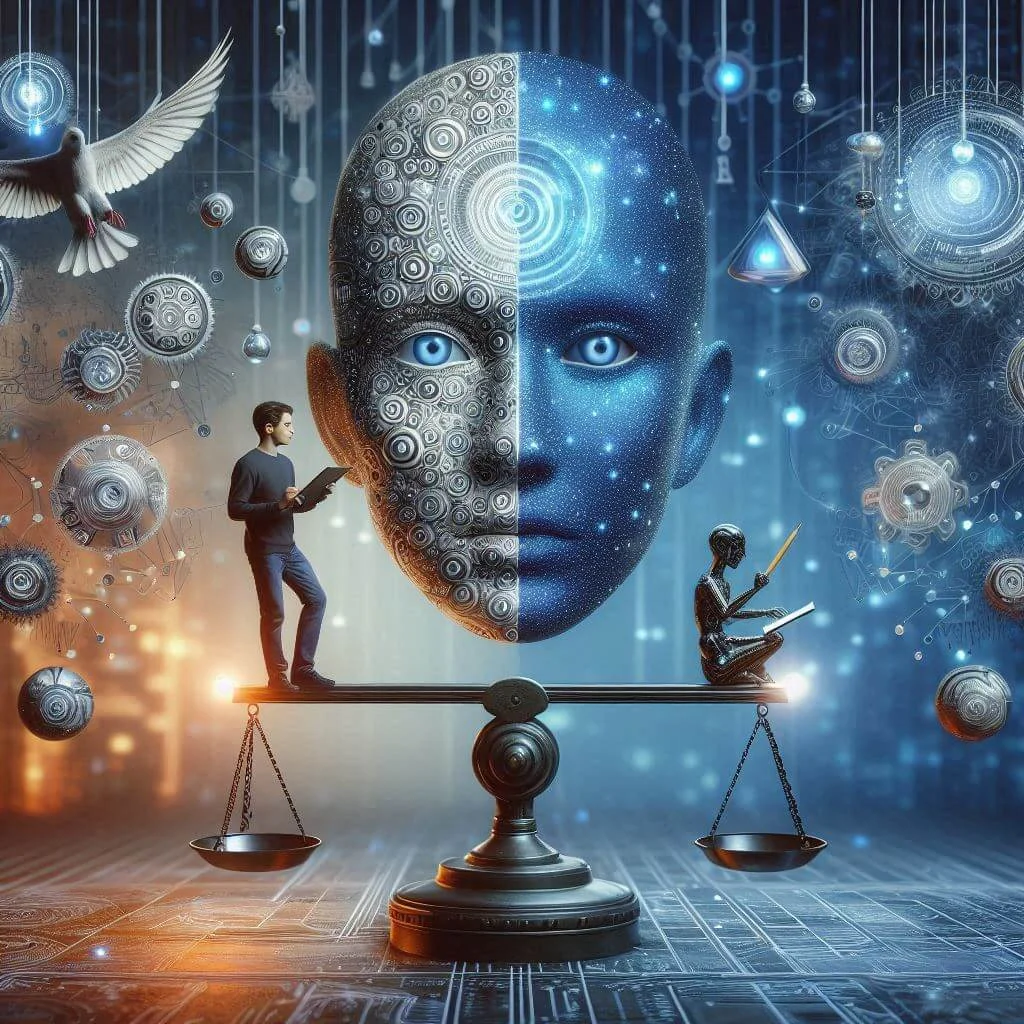
Human Creativity and AI Collaboration
The most successful content strategies will likely involve collaboration between human creativity and AI efficiency. This could include:
- AI-Assisted Research: Using AI to gather data and insights, allowing human writers to focus on analysis and narrative.
- Editing and Refinement: Human editors can refine AI-generated content, ensuring it aligns with brand voice and quality standards.
- Creative Storytelling: Leveraging AI for factual content and data-driven insights while using human writers for storytelling and emotional resonance.
The Future of SEO Metrics and Analytics
New KPIs for AI-Driven Content
Traditional SEO metrics like organic traffic, bounce rate, and backlinks may become less relevant in an AI-driven world. New key performance indicators (KPIs) could include:
- Content Visibility in AI Responses: Measuring how often and prominently a brand’s content appears in AI-generated answers.
- User Engagement with AI: Tracking user interactions with AI platforms, such as follow-up questions or content engagement.
- Content Integration Metrics: Analyzing the success of content integrations with AI platforms, such as API performance and data utilization.
Analytics Platforms for the AI Era
Existing analytics platforms will need to evolve to provide insights into AI interactions. This might involve:
- AI Interaction Analytics: Tools to measure and analyze how users interact with AI-generated content and responses.
- Cross-Platform Metrics: Integrating data from multiple AI and traditional search platforms to provide a holistic view of content performance.
- User Journey Mapping: Understanding how users move from AI interactions to other platforms or conversion points, such as websites or apps.
Ethical Considerations and the Role of Trust
Ethical Implications of AI-Driven Content
The rise of AI in content creation and dissemination raises several ethical questions, such as:
- Content Authenticity: Ensuring AI-generated content is accurate, transparent, and free from bias.
- Source Attribution: Properly crediting original sources in AI-generated responses to maintain intellectual property rights and trust.
- Manipulation Risks: Preventing the misuse of AI platforms for misinformation or manipulative content practices.
Building Trust in an AI-Dominated Landscape
Trust will become a critical factor in the success of content strategies. Businesses will need to focus on:
- Transparency: Clearly disclosing the use of AI in content creation and curation.
- Brand Consistency: Maintaining a consistent brand voice and message across AI and non-AI platforms.
- Community Engagement: Actively engaging with audiences to build trust and credibility, particularly in sectors where misinformation is a concern.
Conclusion
The potential obsolescence of traditional search engines due to AI advancements represents both a challenge and an opportunity for businesses. The future of SEO will likely involve a hybrid approach, where traditional optimization techniques coexist with new strategies tailored for AI platforms. By focusing on high-quality content, technical adaptability, and ethical transparency, businesses can navigate this transition and thrive in an AI-dominated digital landscape.
As we move forward, staying informed about AI developments and being flexible in adopting new practices will be crucial. The SEO landscape may change dramatically, but the core principle remains the same: providing value to users, whether through search engines

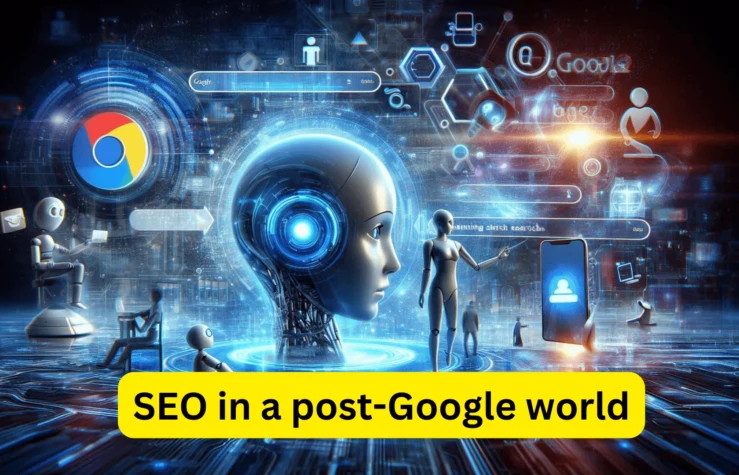
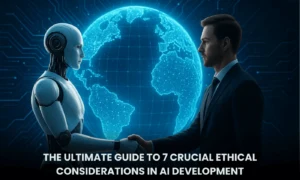

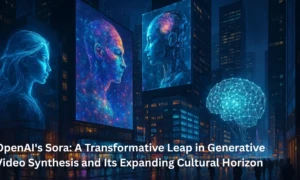


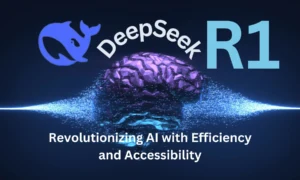
[…] Indian character, Dominic Langton, whose heritage adds depth to the story of war and identity. Dominic’s journey as an outsider in a colonial world resonates with themes of displacement faced by India’s tribal […]